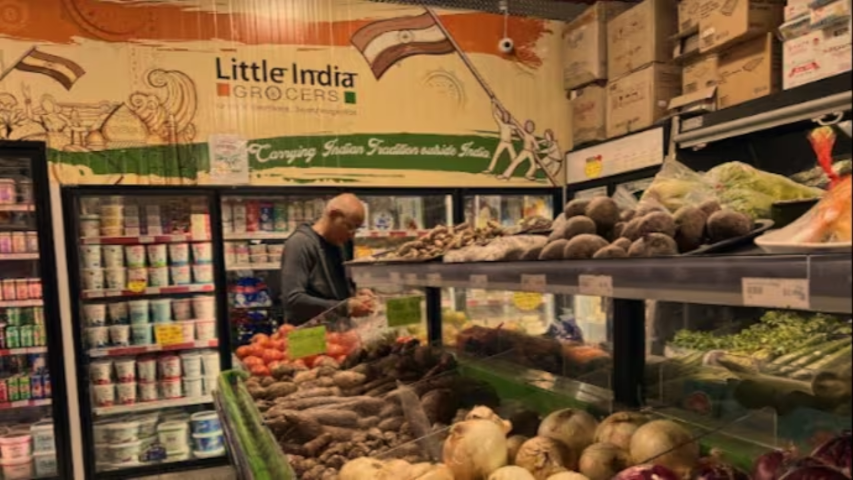

With gig economy jobs cornered by Indian students, locals of Prince Edward Island (PEI) are complaining about losing employment opportunities to immigrants. (Image: Getty)
The province of Prince Edward Island (PEI) in Canada has recently implemented changes to its immigration policies, resulting in protests from Indian students facing deportation. These changes include a 25% reduction in immigration permits and stricter regulations on international migration, particularly through the Provincial Nominee Programme (PNP). Locals in PEI are expressing concerns about the impact of immigration on various aspects of life, including housing, healthcare, and job opportunities.
PEI, the smallest province in Canada, has been grappling with the challenges posed by a high volume of immigrants in recent years. The province's decision to cut immigration permits is seen as an attempt to address these challenges and prioritize the needs of local residents. However, it has sparked controversy and protests, especially among Indian students who are facing deportation as a result of the new policies.
One of the main issues driving the changes in immigration policies is the strain on resources and services caused by the influx of immigrants. Locals in PEI have expressed concerns about the availability of housing, healthcare facilities, and job opportunities, which they believe are being adversely affected by immigration. They feel that their opportunities are being limited by immigrants who are settling in the province.
The PEI government has emphasized the importance of addressing these concerns and ensuring that the province's resources are used efficiently to benefit its residents. The changes to the immigration policies aim to strike a balance between welcoming immigrants and safeguarding the interests of local communities. By reducing the number of immigration permits and focusing on sectors such as healthcare, childcare, and construction, the government hopes to alleviate the strain on resources and address the needs of local residents.
However, the changes have been met with criticism and protests from Indian students who are facing deportation as a result of the new policies. Many of these students came to PEI with the hope of pursuing education and building a future in Canada, only to find themselves facing uncertainty and deportation. They argue that they have contributed to the province's economy and should be allowed to stay and work in PEI.
The situation in PEI reflects broader tensions and challenges related to immigration in Canada. While the country has a long history of welcoming immigrants and prides itself on its diversity and inclusivity, there are growing concerns about the impact of immigration on local communities and resources. The protests in PEI highlight the need for a nuanced and balanced approach to immigration policy that takes into account the needs and concerns of both immigrants and local residents.
Overall, the changes to immigration policies in PEI have sparked controversy and protests, particularly among Indian students facing deportation. While the government has emphasized the need to address concerns about resource strain and prioritize the needs of local residents, the protests highlight the challenges and complexities of immigration policy in Canada.
Having an 'Identity Verified' badge or being 'Identity Verified' simply indicates that an individual has submitted information to complete our identity verification process or we have conducted internal verification using various authorized websites. While this process includes safeguards, it does not guarantee that the person is who they claim to be.
If you encounter any issues with this profile, please report them here. While all consultants who are verified have RCIC ID, we may not have the latest data in terms of their renewal/cancellation/discontinuation of their RCIC ID.
The "Verified Consultants" profiles are created using publicly available information, including data from the IRCC website, official consultant sites, other listing platforms, and social media. Immiperts.com is an independent platform, not affiliated with IRCC or any registered immigration consultants. To update, claim, or remove your profile, please contact us at [email protected].
╳